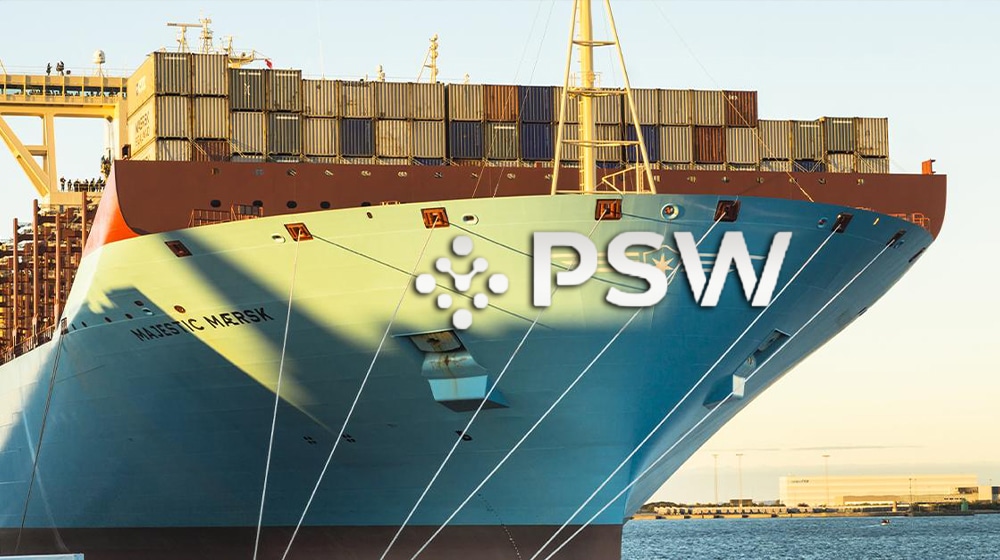All importers and exporters who intend to conduct cross-border trade transactions through the Pakistan Single Window (PSW) project must provide evidence of identity by undergoing an electronic verification process by subscription to the PSW system.
The Federal Board of Revenue (FBR) recently released a notification to issue a draft of the PSW Evidence of Identity (EOI) Rules, 2022.
According to the new rules, the procedure would apply to all users whether individuals, sole proprietorships, or body corporates registered with the Federal Board of Revenue (FBR) or the Security and Exchange Commission of Pakistan (SECP), government organizations, diplomatic missions, foreign individuals and businesses or any other commercial and non-commercial entity engaged in cross-border trade i.e., import, export, and transit as well as the users involved in the provision of trade-related services such as customs clearing agents, shipping agents, bonded carriers, logistic operators, warehouse operators, transporters, or any other such business associated with cross-border trade, included or intended to be included, in the PSW system.
All persons wishing to conduct a cross-border trade transaction whether imports, exports, or transit (hereinafter called the ‘applicant’) must provide evidence of identity by undergoing an electronic verification process by subscription to the PSW system to prove their credentials.
The applicant, upon furnishing the necessary information required by the system for the verification process and payment of the subscription fee would be issued a unique User ID (UID). The applicant would receive the User-ID issued electronically by the PSW system on the address registered with FBR.
To verify the identity of an applicant, the PSW system would develop and implement an electronic Know Your Customer (KYC) protocol based on system integrations or electronic data interchange with FBR, SECP, Pakistan Mobile Number Portability Database Company (PMD), National Database & Registration Authority (NADRA), and commercial banks prescribed in the regulations.
The applicant would be responsible for updating and correcting their particulars in FBR, SECP, PMD, NADRA, or associated bank databases in case of non-verification of given information.
The applicant would be responsible for the authenticity of the information provided as evidence of identity and would in no circumstances whatsoever assign, sublet, or allow in any other form the use of their credentials by another person for subscribing to the PSW system, it said.
The UID of the subscriber would remain valid and active for a period of two years from the date of issuance or UID.
The same would have to be renewed or revalidated upon expiry of the prescribed period of two years. The subscriber or user would have to apply for such renewal or revalidation one month prior to the expiry of the validity period of two years upon payment of the prescribed subscription fee.
Access to the PSW system for conducting cross-border trade transactions will only be allowed through the UID and password duly issued to an applicant. The subscriber would be responsible for the authenticity of the information provided, security of their password, and safe handling of the data shared or retrieved.
Failure to exercise due care in the use of the PSW system, compromising its digital systems, or conniving with any person who intends to get unauthorized access to the PSW would be liable to action which may involve suspension of the UID and penalties under the provisions of the Act and other applicable laws for the time being in force.
Access to different modules, functionalities, features, and services of the PSW system whether for the purpose of conducting a trade transaction, accessing trade data, availing any PSW digital service, or any other purpose would be subject to the roles and privileges assigned to a particular UID and would be governed by the terms and conditions as electronically agreed by the applicants at the time of subscription.
The above rule would not apply to individuals or entities who have been barred from conducting cross border trade transactions under any applicable national or international law, legal, quasi-legal or administrative order by the authority of competent jurisdiction due to the applicant’s involvement in smuggling, commercial or customs fraud, identity theft, trade-based money laundering, terrorist financing, terrorism or contravention of any other national or international law as officially communicated to the operating entity whether, through electronic or regular means of correspondence, FBR added.


























